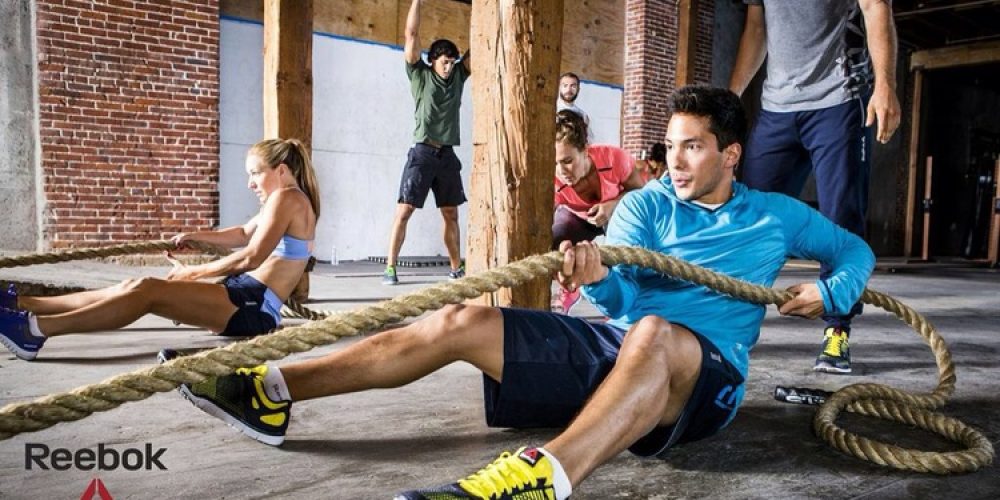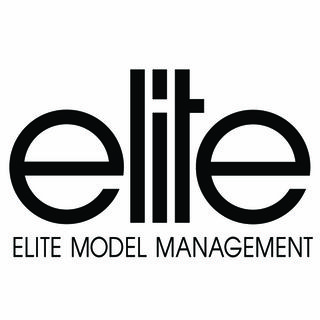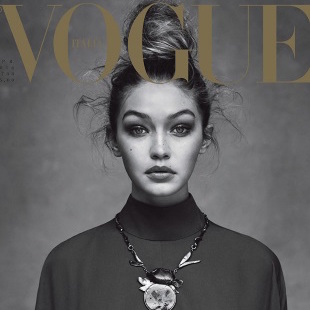I am at the immigration office in Jakarta, Indonesia, waiting patiently for my work visa to be processed. The air is dense and cigarette smoke lingers across the florescent-lit room. People all around me are talking loudly amongst one another, trying to get their papers in order. Being foreign makes it difficult to decipher whether people are angrily yelling at each other or if it’s just customary for people to communicate in this way. The air conditioning is the only thing making this experience bearable.
While I wait, I can’t help but wonder whether the other people in the room think I’m one of them, or an obvious foreigner like the Caucasian man (or «Bule» in Bahasa Indonesian) sitting across from me.
I am here because I booked a commercial for an international luxury brand that’s going to be shot in an Indonesian jungle. The budget of this production is enough to accommodate the talent and crew with airfare, hotels, transportation, food, and per diem, on top of the pay itself. I feel lucky, blessed, and grateful for the opportunity, but at the same time I’m anxious based on the limited information I got at the casting.
There are two main reasons why I booked this job: my look and my skills.
The casting description for the job, according to the client’s expectations, read:
Male, 18-early 35; Must be Hawaiian, Pacific Islander, Asian, Filipino, but should be able to pass for Indonesian; Looking for the following: Action/Extreme Sports Guys — Triathletes, MMA fighters, Martial Artists, Wrestlers, Gymnasts, Acrobats, Surfers, Big Wave Bodyboarders, Hang Gliders, Bungee Jumpers, Bodybuilders, Rock Climbers, Parkour, etc… Must be very attractive, fit, leading man types.
Although my employment is partly based on my look, my skill set is what really separates me from the average actor-model type. I’ve always pushed myself physically in a wide range of sports. I trained in traditional and Olympic-style Taekwondo for thirteen years with a second degree blackbelt, competed in USTA tennis tournaments, certified as a CrossFit trainer and as an open water scuba-diver, and have trained in a vast array of other sports and physical activities.
As for my look, being mixed or “ethnically ambiguous” (as they say in Hollywood) has given me the opportunity to book jobs, such as this one in Indonesia. However, at times, I feel as though I can’t relate to anyone. Why would a company use me in a commercial to attract their target audience for their product if I don’t fit into any specific racial category? It doesn’t seem like the Indonesian locals sitting around me feel like I am one of them, and I’m guessing the “Bule” across from me feels the same way towards me.
What is it about me that is so different from other people in this room?
Maybe it’s my skin tone. My skin isn’t as dark as an Indonesian’s, but I’m not fair-skinned like a Caucasian either. Maybe it’s my eyes. I have dark brown eyes, a common Asian characteristic, but I have double eyelids like a Caucasian. Or maybe it’s something besides physicals traits, such as my grooming or dress. The clothes I wear are bought in big international cities like London and Hong Kong and my hairstyle and dental care scream “America.”
I think that all these reasons, along with many others, contribute to how others perceive me. Even though there are things about me that I think make relating to me difficult, those same things may help others relate to me. Whether that be my skin, my eyes, or my «Western» appearance, I feel there’s something about me others can look at and see themselves.
Being in the «ethnically ambiguous» category, I often get asked about my background. Although some people may think I would find this «ethnic pinpointing» annoying, I see it from a different perspective. I tend to feel not just content but a sense of comfort when people tell me what ethnicity I look like based on their perception. It’s almost like a subconscious form of acceptance on both ends. I feel that there’s a sense of comprehension about my ethnic ambiguity that helps make me feel validated. They make an effort to understand my mixed background to better understand me as a person.
It’s similar to the moment when two people who don’t speak the same language come to an understanding, because it’s followed by a sense of comprehension, clarity, and ease. When a mutual feeling of acceptance through understanding is reached during inter-personal communication, we feel safe. So the moment I walk out of this immigration office, I’ll do my best to blend in with the locals outside like a chameleon adapting to its habitat.
Kai Braden is a actor, model, and dancer based in Los Angeles, California. He holds a T.V. Production degree from Pepperdine University and is the founder/CEO of AMEN Missionary, a non-profit organization that serves Burmese refugees in Thailand. In his spare time, he coaches athletes at CrossFit Evoke, and is currently writing a «how-to» memoir based on his travels around the globe as a model.






